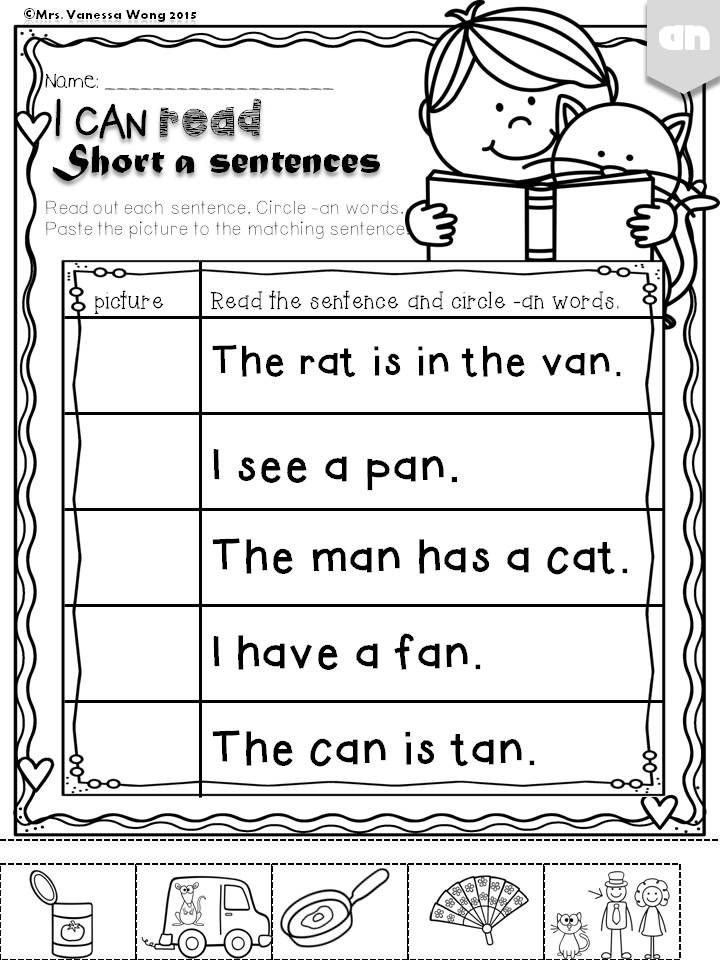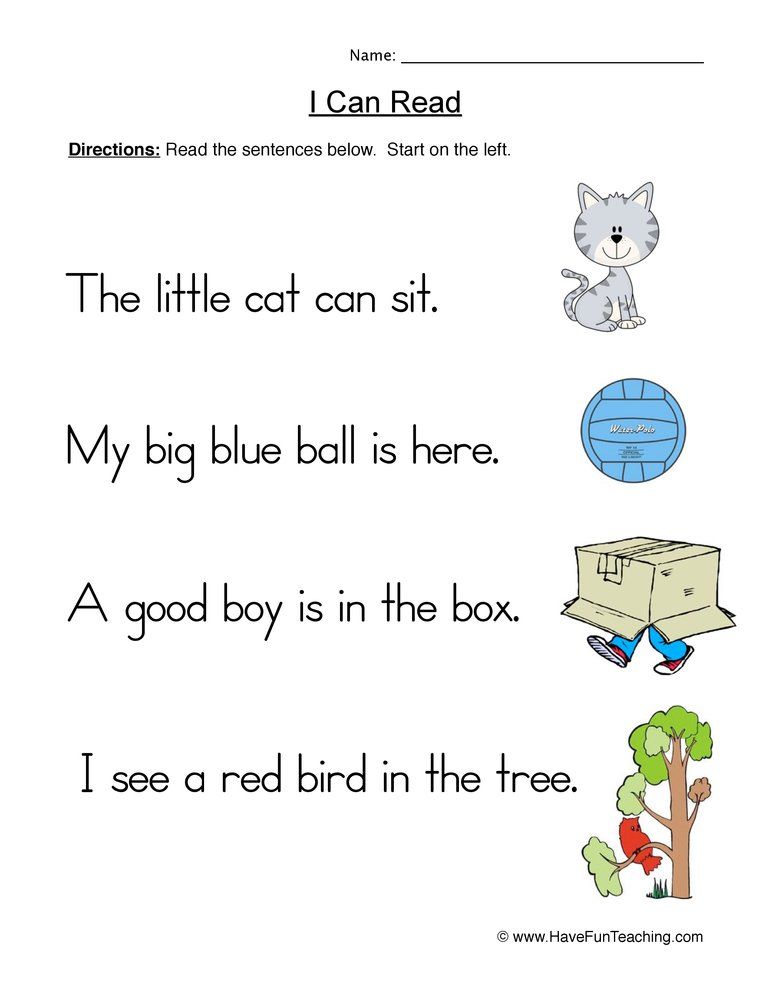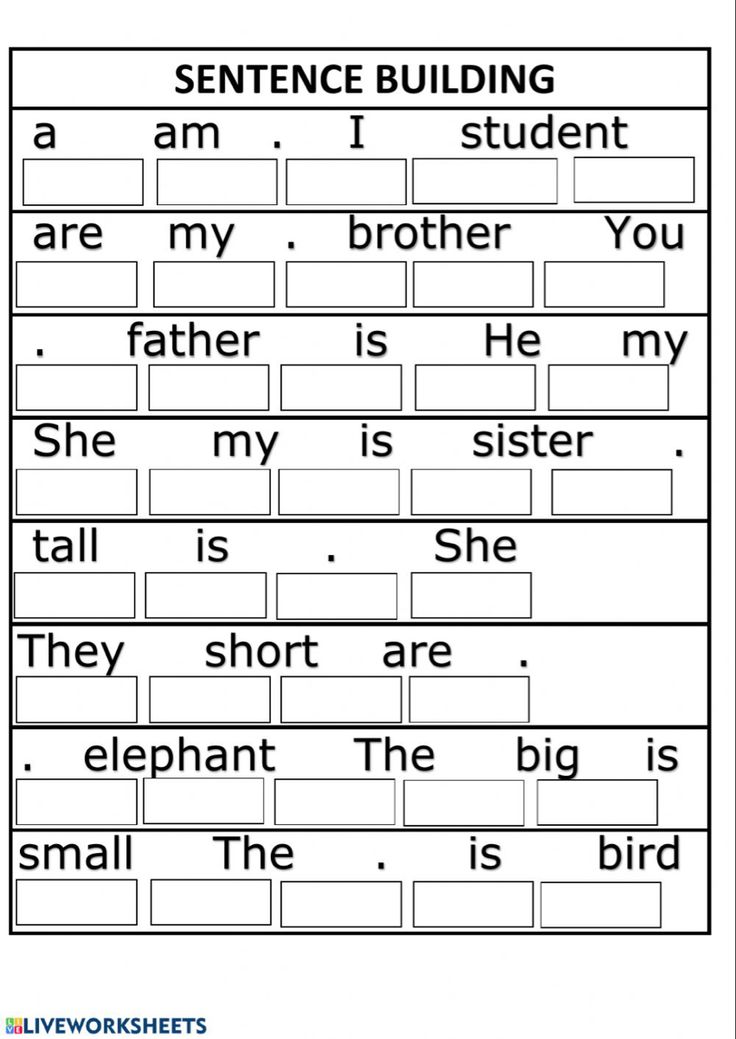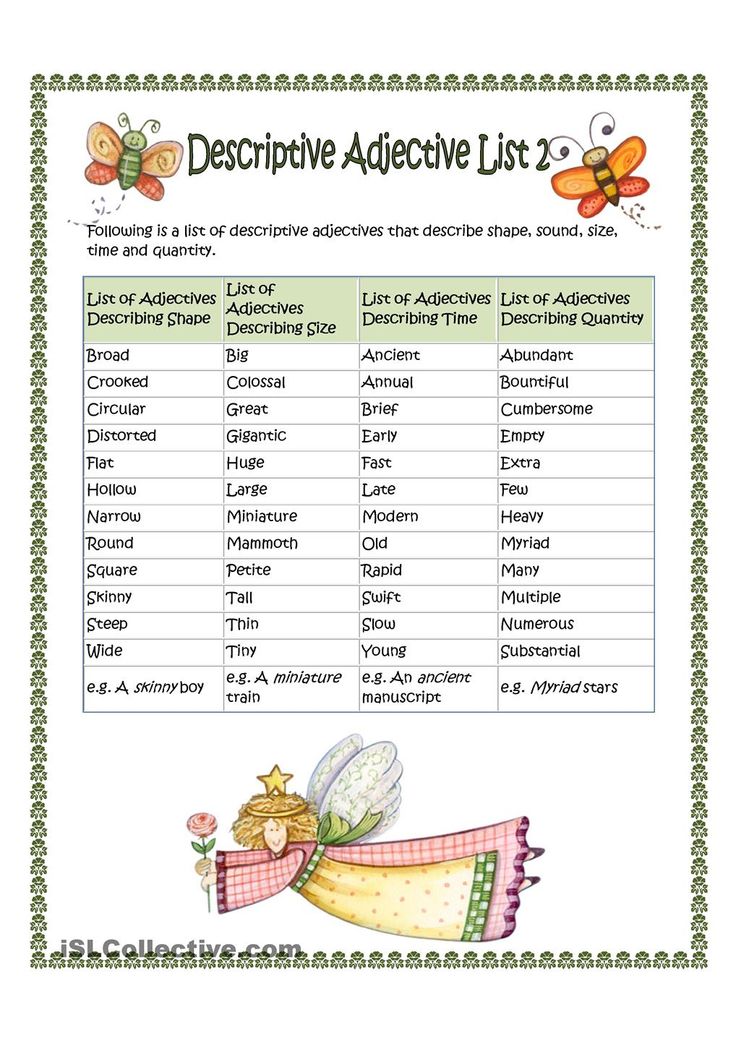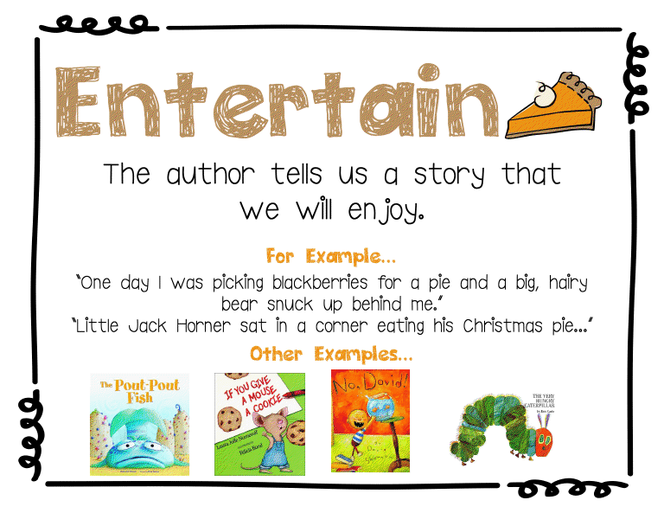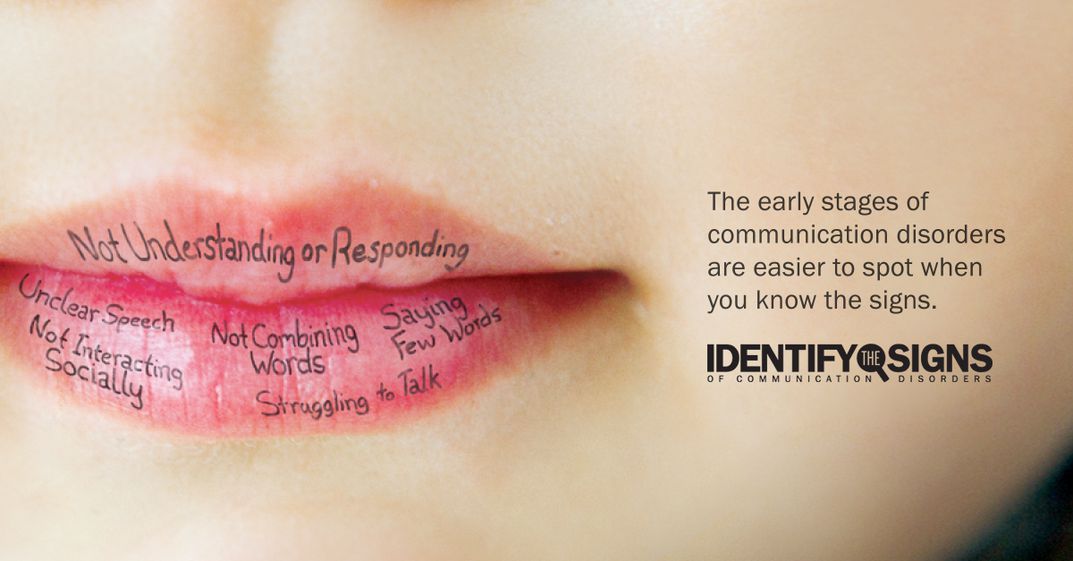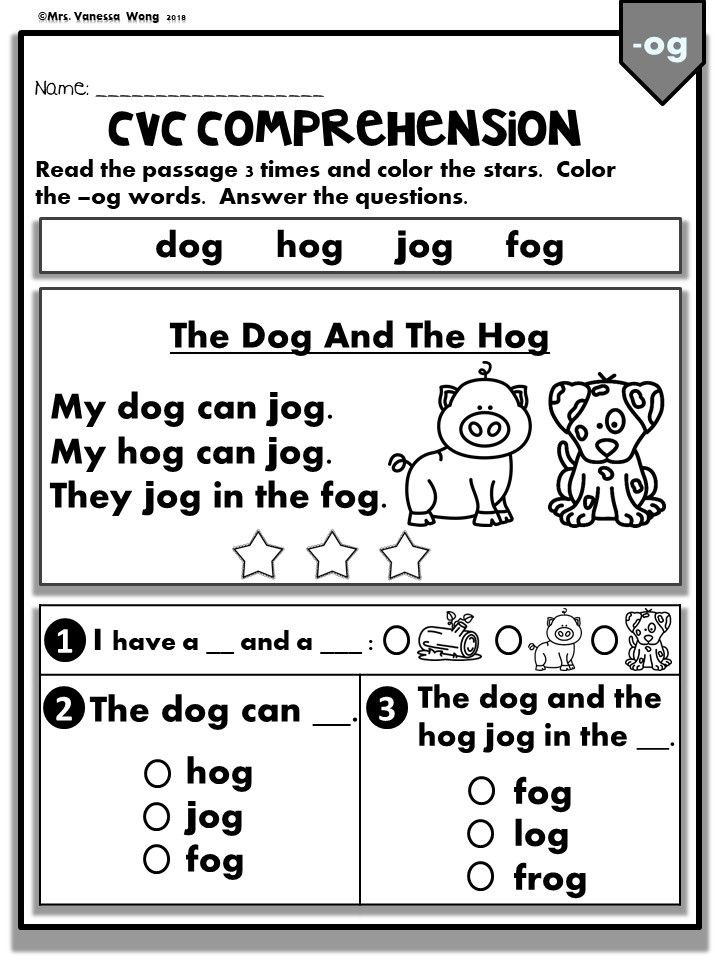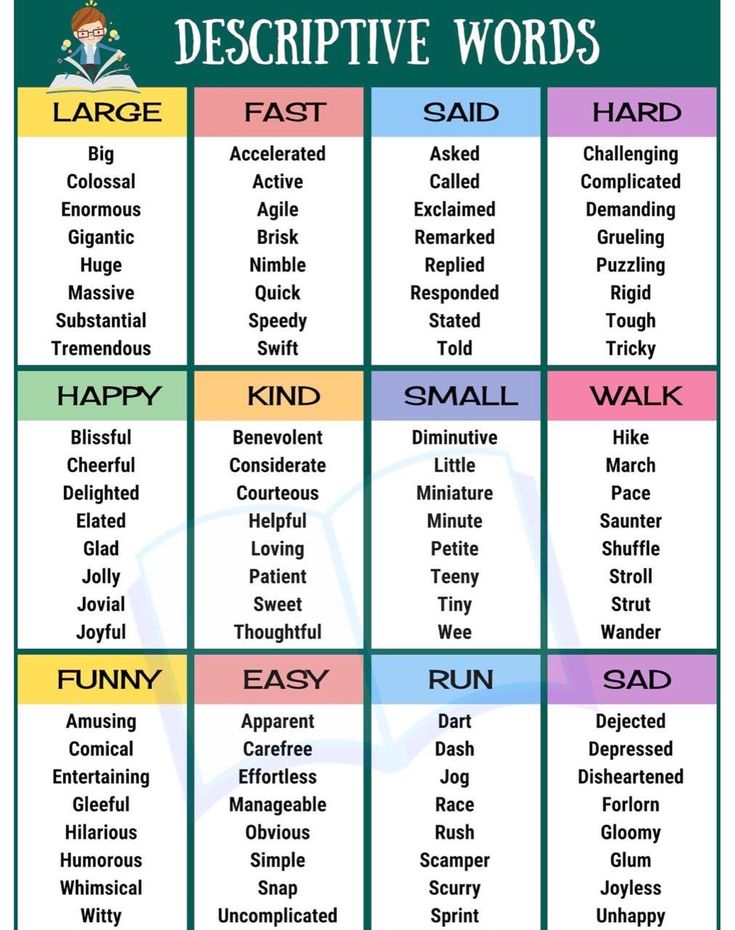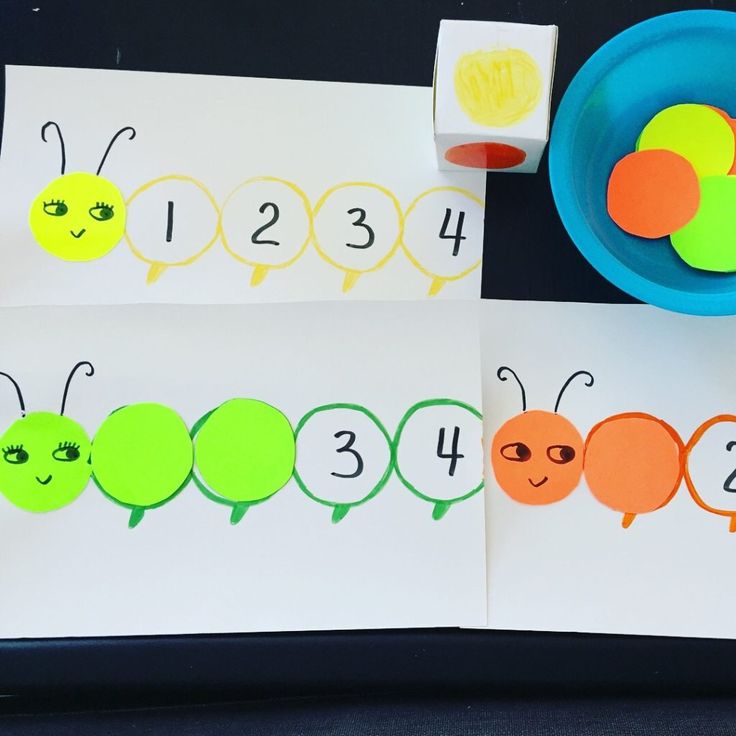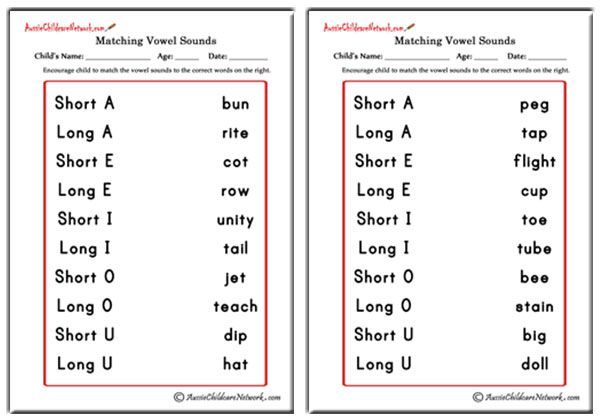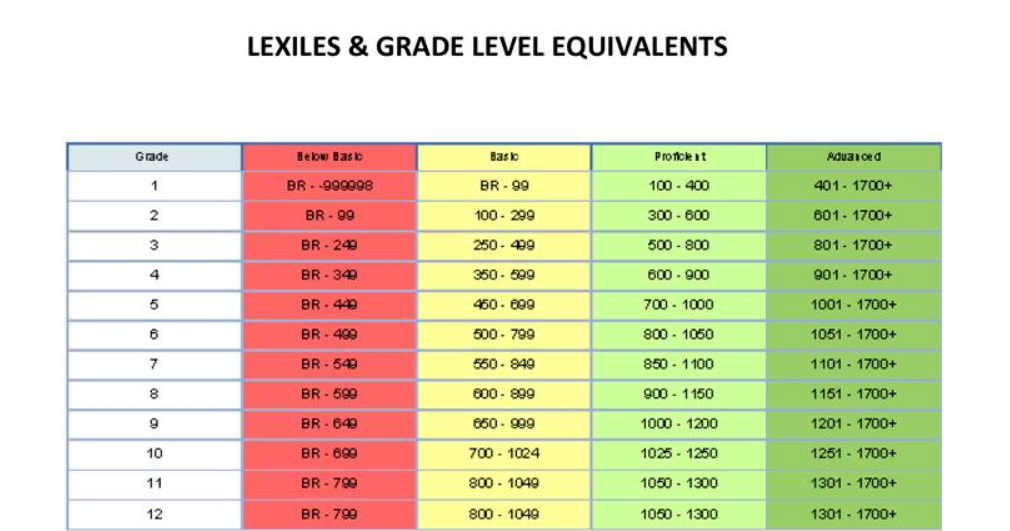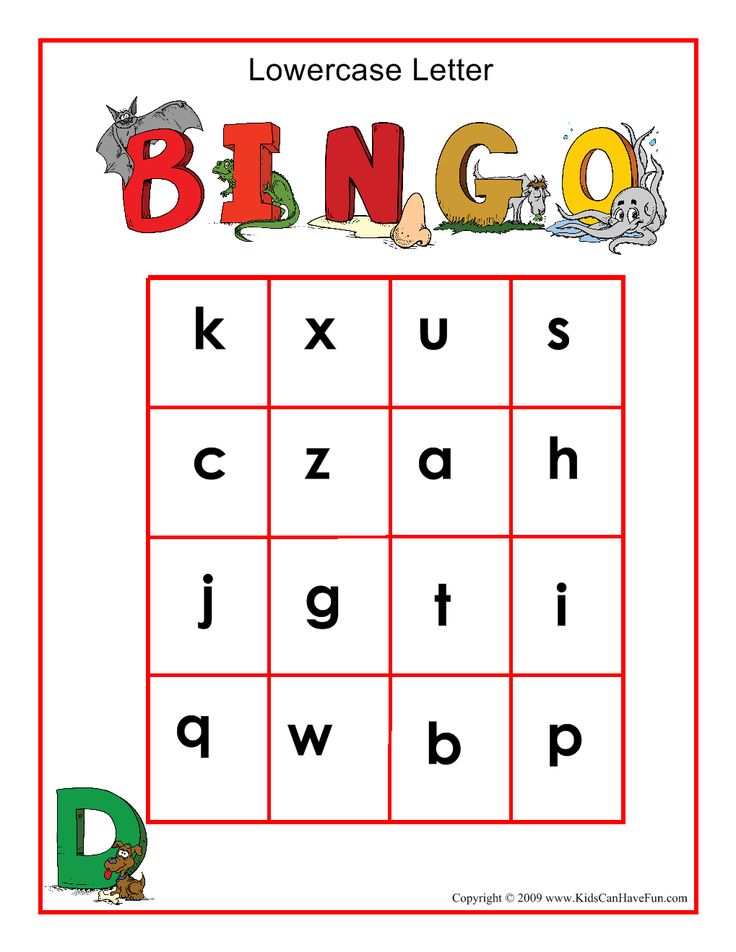Sentence for small
Small is mighty: the power of short sentences
Most of your sentences turn out okay, don’t they? If they seem right, they probably are right. If you learned English as your first language, your instincts are usually fairly trustworthy.
By the same token, if you think there’s something wrong with a sentence, there probably is. Take another look at the one that bothers you. Can you say it more simply? Of course you can. And is that sentence really necessary? If in doubt, cut it out.
Short sentences communicate powerfully
As Winston Churchill said, ‘the essential structure of the ordinary British sentence... is a noble thing.’
Writing short sentences is a very good plain language trick. Plain language uses short sentences. If you write short sentences, your meaning is usually clear and your grammar is usually correct.
It’s that simple.
Aim for an average of 16-20 words per sentence in business documents. The danger point occurs at 20 words.
If you are having trouble writing a particular sentence, it’s probably too long. Just chop it into two or more sentences. Or shorten the sentence by removing unnecessary words.
When you write complete documents, vary the length of your sentences. Too many short sentences in a row can become boring for the reader.
And it’s fine to start a sentence with ‘and’. But it’s equally legitimate to start a sentence with ‘but’. You read such sentences every day in the newspaper, in advertising, in letters and in books. Sentences starting with ‘And...’ or ‘But...’ are commonly used by Shakespeare and other literary stars. Be aware that some people frown on this usage in formal documents.
Structure sentences logically
The goal in corporate communications is to write clearly. Don’t try to be literary as you construct your sentences. Write plain, ordinary sentences, not fancy ones.
In the ordinary English sentence, the words go in this order:
- SOMEBODY or SOMETHING (subject)
- DOES or IS (subject)
- SOMETHING (object or complement)
- extra information if any.
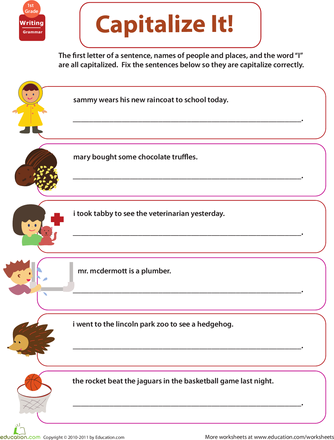
Use this as your default sentence structure. Start sentences with their real subject, not some irrelevant or fancy phrase. You’re not trying for the Nobel Prize in Literature. You are trying to write quickly, clearly and correctly.
Whenever you are struggling with a sentence, go back to the basic English sentence structure: ‘Somebody does something.’
How many ideas should there be in a sentence?
One idea in a sentence is enough. Two is plenty. Three ideas usually create confusion. (By the way, a clause is an idea, a sentence, or a sentence-within-a-sentence.) In a two-idea sentence, put the ideas in their logical order.
This is a crude but useful rule of thumb: put ‘if’ and ‘when’ clauses first, and ‘because’ and ‘so that’ clauses second.
In this blog, 'fancy' means not plain. Avoid fancy sentences.
FANCY We will need new uniforms if the coup succeeds.
PLAIN If the coup succeeds, we will need new uniforms.
FANCY Because he is sick, she is visiting Paul.
PLAIN She is visiting Paul because he is sick.
FANCY So that they can use the Internet, they have ordered a modem.
PLAIN They have ordered a modem so that they can use the Internet.
Try this easy fix
Never use more than one of these words per sentence: although, because, if, since, unless, but, yet.
FANCY Although the roadworks are essential, the noise is disturbing the residents but they are tolerating it without complaint.
PLAIN The noise is disturbing the residents. They are tolerating the noise without complaint because they know the roadworks are essential.
(So ‘noise’ is repeated? In business documents, that’s good.
People read faster when you use the same word for the same thing.) Don’t overuse phrases like ‘It is...’ ‘There are...’ ‘It was...’ ‘It has...’ ‘There is...’ ‘There was...’ ‘There were...’ ‘There has...’ ‘There have...’ ‘It’ and ‘There’ are called false subjects.
Sentences that begin with a false subject:
- are often hard to finish writing
- are longer than necessary
- can lose focus.
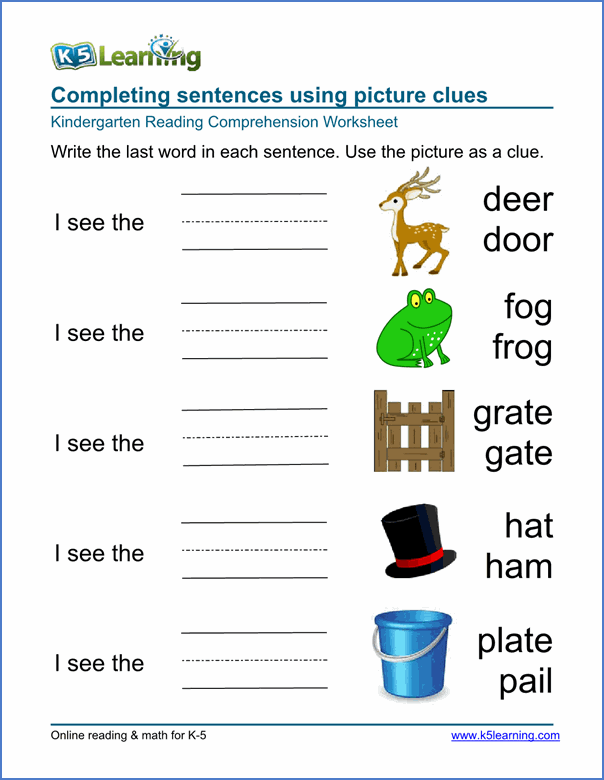
Naturally it’s OK to break this rule occasionally. (I just did.) But don’t make a habit of it.
Our business writing course
The Certificate in Business Writing is small but mighty, and includes 5 x 1-hour courses and a book. In five hours, you'll learn the skills that have the biggest impact on your business writing.
#plainEnglish #plainlanguage #writingtips #businesswriting #learntowrite #corporatecommunications #writingcareers
small quantity in a sentence
These words are often used together. You can go to the definition of small or the definition of quantity. Or, see other combinations with quantity.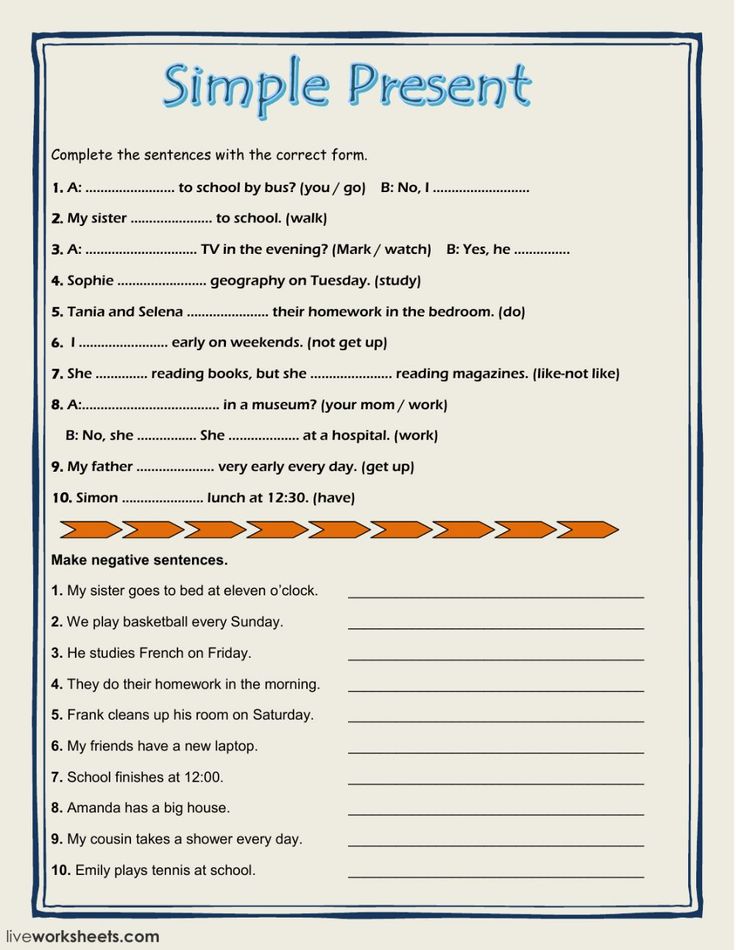
These examples are from corpora and from sources on the web. Any opinions in the examples do not represent the opinion of the Cambridge Dictionary editors or of Cambridge University Press or its licensors.
A very small quantity will make flier rise.
From the Cambridge English Corpus
Let 1 > 0 be a small quantity to be chosen later.
From the Cambridge English Corpus
A small quantity of leaf material was taken from each plant and frozen.
From the Cambridge English Corpus
A small quantity of the dye was observed in the gut.
From the Cambridge English Corpus
That is no small quantity.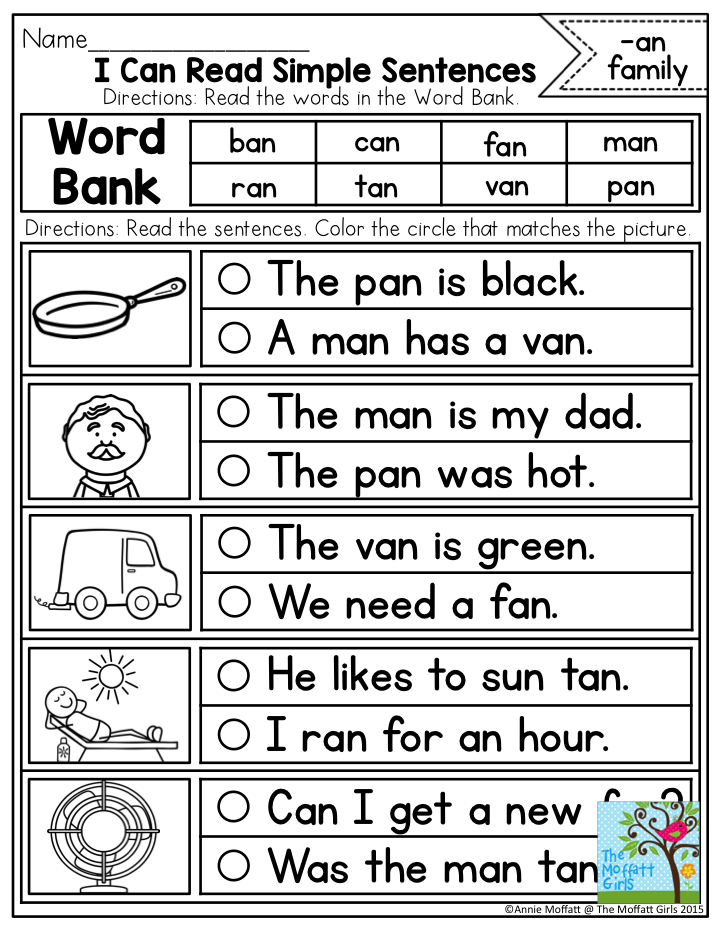
From the
Hansard archive
Example from the Hansard archive. Contains Parliamentary information licensed under the Open Parliament Licence v3.0
If it has been received recently but in small quantity, this may increase the reward value of the stimulus.
From the Cambridge English Corpus
Taken in small quantity, even over a short period of time, it can lead to gross deformities in offspring.
From the Cambridge English Corpus
This caravan, given the circumstances and the small quantity of stolen goods, probably consisted of a dozen or so individuals.
From the Cambridge English Corpus
It is, however, a comparatively small quantity.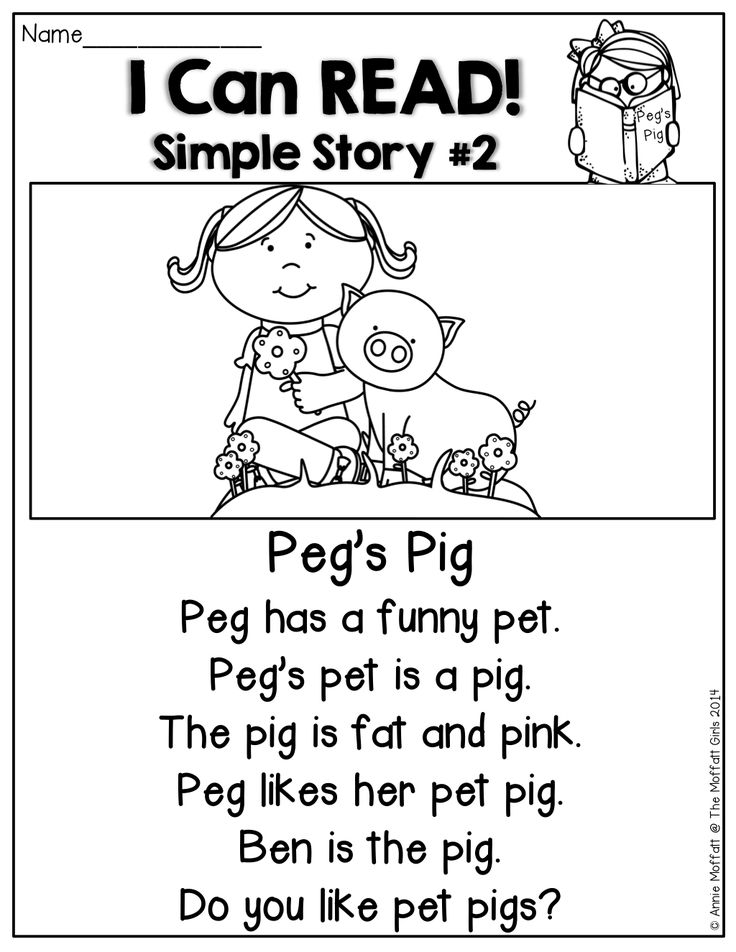
From the
Hansard archive
Example from the Hansard archive. Contains Parliamentary information licensed under the Open Parliament Licence v3.0
They are getting a very small quantity.
From the
Hansard archive
Example from the Hansard archive. Contains Parliamentary information licensed under the Open Parliament Licence v3.0
This was a very small quantity.
From the
Hansard archive
Example from the Hansard archive. Contains Parliamentary information licensed under the Open Parliament Licence v3.0
It is a very small quantity indeed.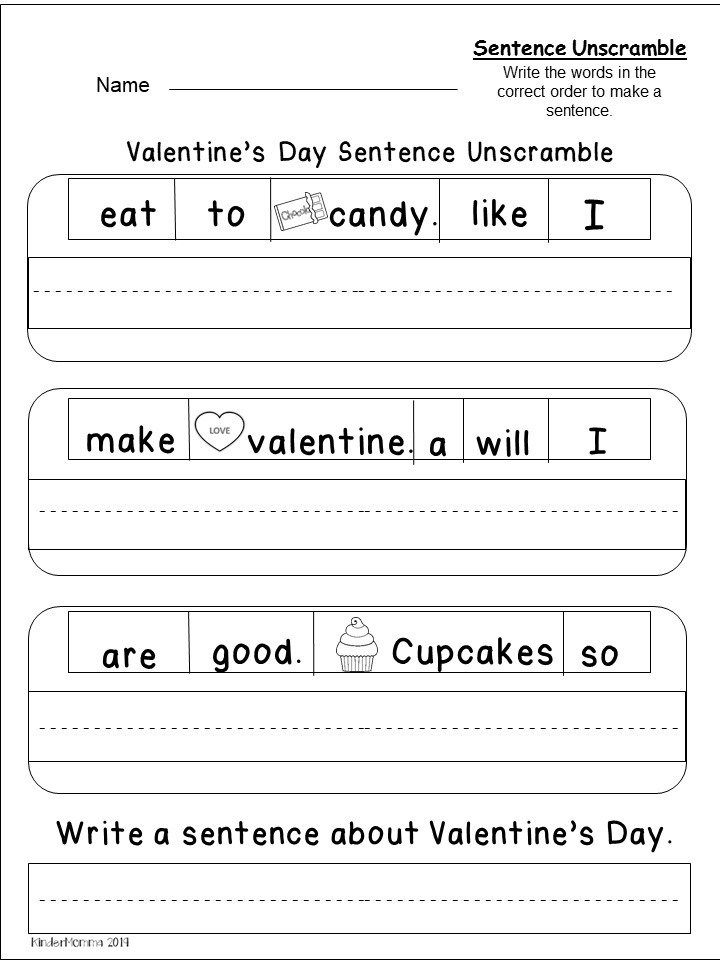
From the
Hansard archive
Example from the Hansard archive. Contains Parliamentary information licensed under the Open Parliament Licence v3.0
They want only a small quantity.
From the
Hansard archive
Example from the Hansard archive. Contains Parliamentary information licensed under the Open Parliament Licence v3.0
A small quantity could be left over for several days.
From the
Hansard archive
Example from the Hansard archive. Contains Parliamentary information licensed under the Open Parliament Licence v3.0
A small quantity of salad is bought locally.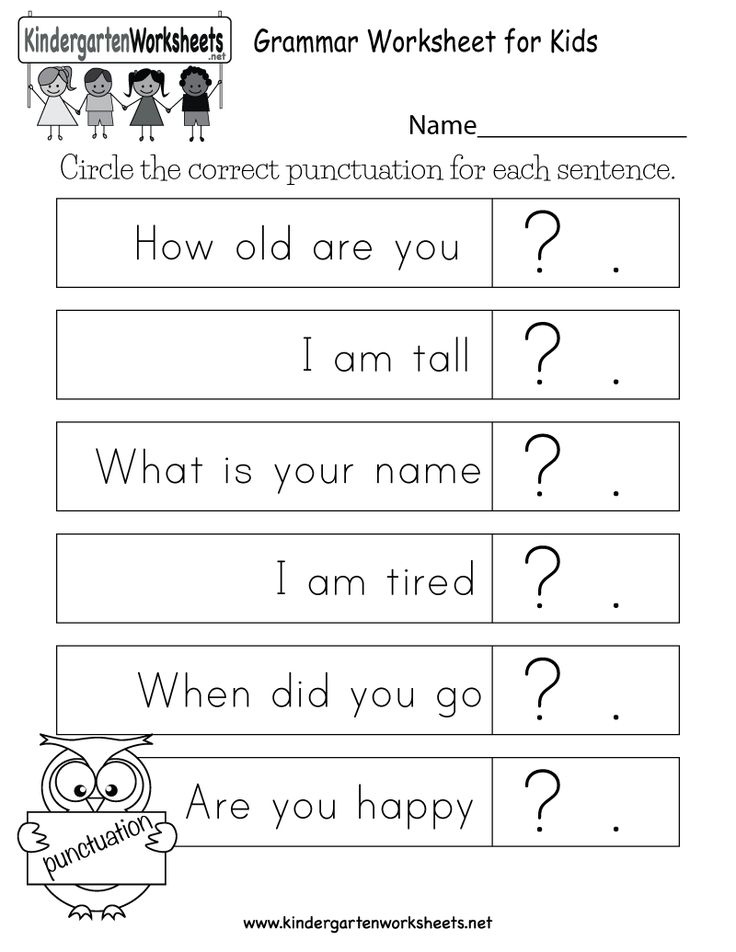
From the
Hansard archive
Example from the Hansard archive. Contains Parliamentary information licensed under the Open Parliament Licence v3.0
A very small quantity of coal is being exported.
From the
Hansard archive
Example from the Hansard archive. Contains Parliamentary information licensed under the Open Parliament Licence v3.0
Fifteen yards, after all, is a very small quantity.
From the
Hansard archive
Example from the Hansard archive. Contains Parliamentary information licensed under the Open Parliament Licence v3.0
That is relatively a small quantity of imports.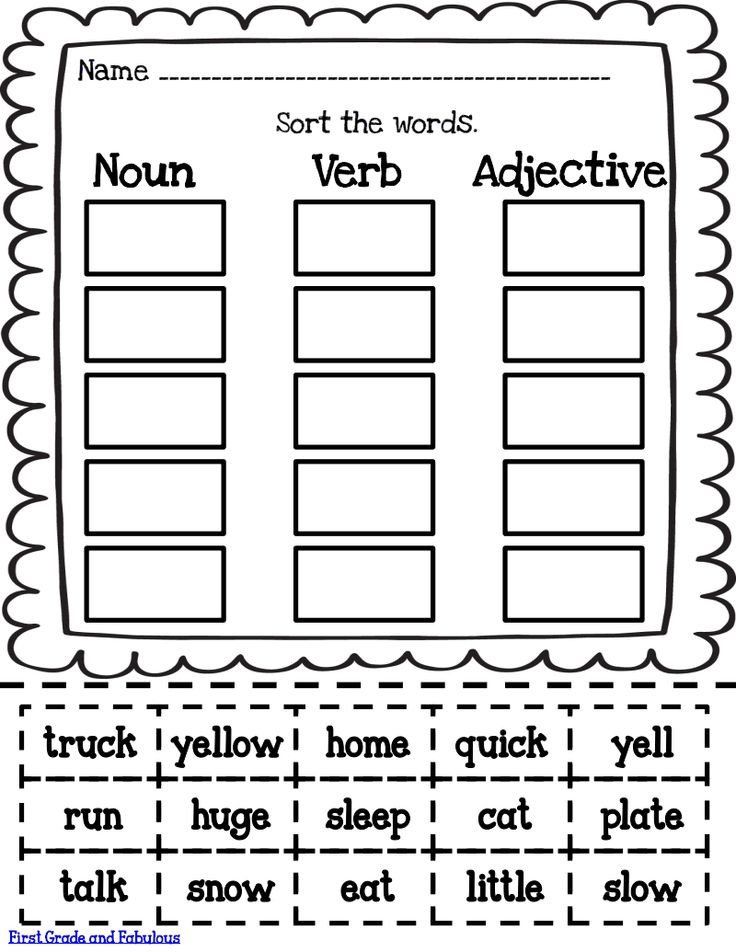
From the
Hansard archive
Example from the Hansard archive. Contains Parliamentary information licensed under the Open Parliament Licence v3.0
A small quantity of mutton was rejected by these traders.
From the
Hansard archive
Example from the Hansard archive. Contains Parliamentary information licensed under the Open Parliament Licence v3.0
Skimmed milk imports are a comparatively small quantity.
From the
Hansard archive
Example from the Hansard archive. Contains Parliamentary information licensed under the Open Parliament Licence v3.0
I think the announcement referred to a small quantity.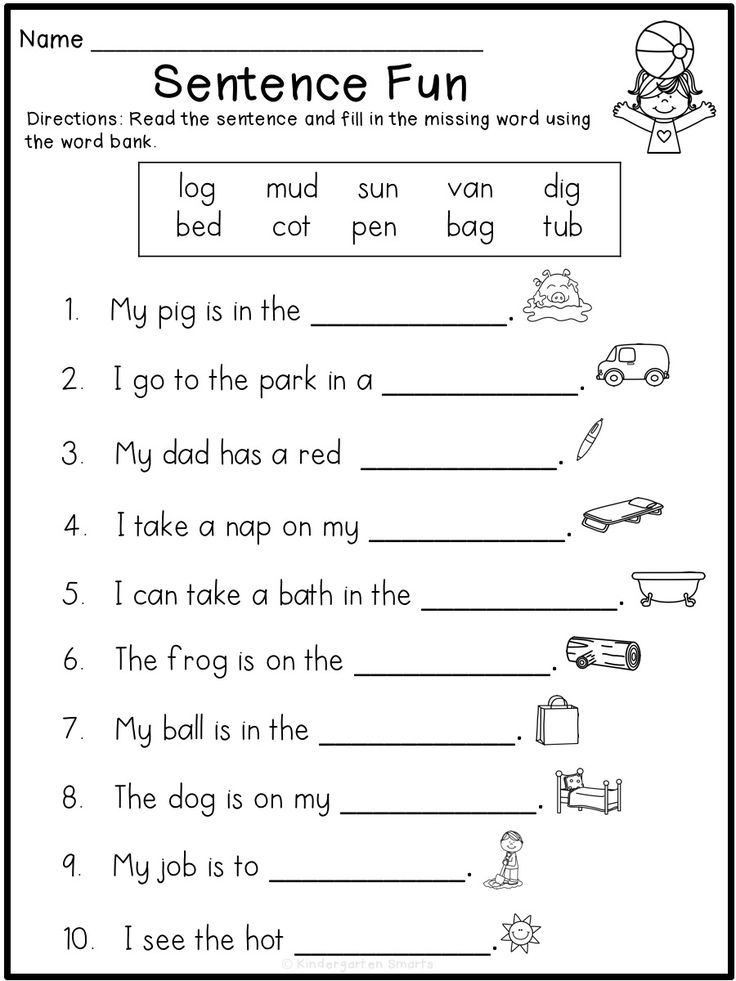
From the
Hansard archive
Example from the Hansard archive. Contains Parliamentary information licensed under the Open Parliament Licence v3.0
A small quantity can be good for a person.
From the
Hansard archive
Example from the Hansard archive. Contains Parliamentary information licensed under the Open Parliament Licence v3.0
Of this, only a very small quantity is pasteurized.
From the
Hansard archive
Example from the Hansard archive. Contains Parliamentary information licensed under the Open Parliament Licence v3.0
All but a very small quantity is the current crop.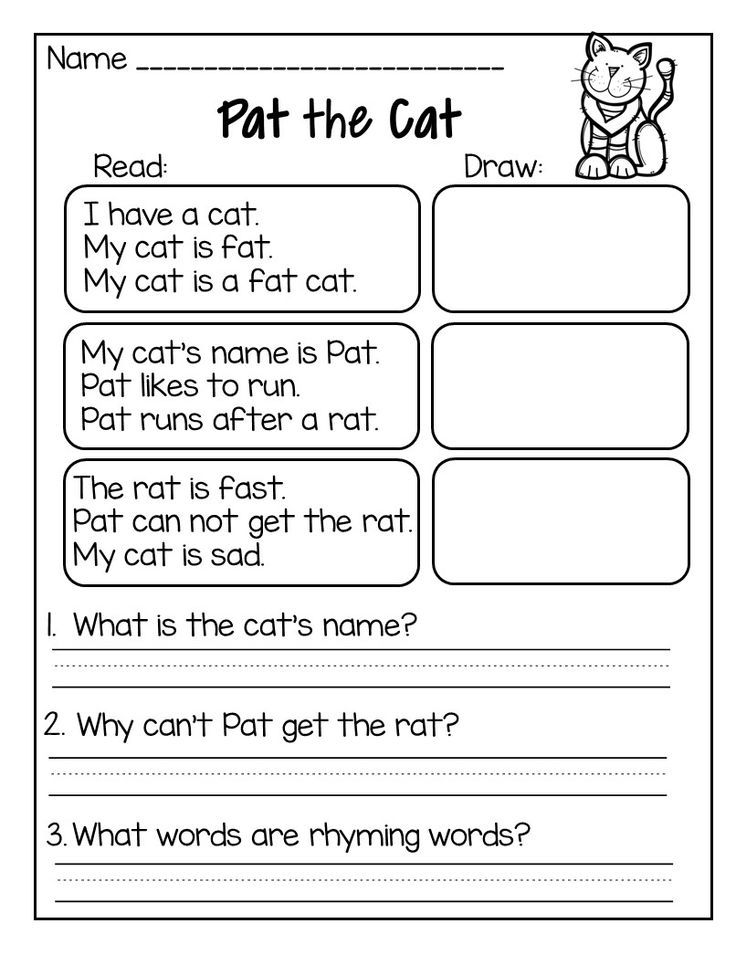
From the
Hansard archive
Example from the Hansard archive. Contains Parliamentary information licensed under the Open Parliament Licence v3.0
These examples are from corpora and from sources on the web. Any opinions in the examples do not represent the opinion of the Cambridge Dictionary editors or of Cambridge University Press or its licensors.
A unique offer for small and medium businesses
A unique comprehensive offer for small and medium businesses
The beverage market has come a long way over the past decades. And today his condition cannot be compared with the beginning of the 90s. Modern manufacturers actively use the latest production technologies, new marketing tools, and the most modern packaging solutions, which allows them to make production as efficient as possible.
One of the trends of the 21st century is the growing interest of Russians in food and drinks produced by small private enterprises.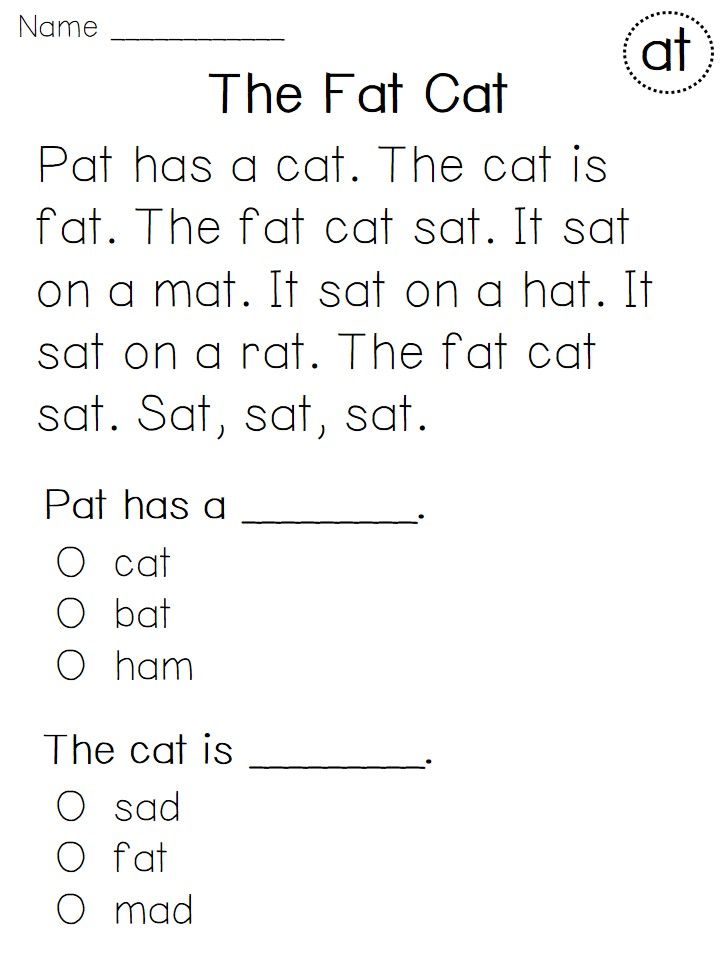 This process is very natural. On the one hand, buyers today need to know what exactly they consume. The principle by which the decision is made: the clearer the better, and small businesses, as a rule, produce their goods from natural and simple local products. This demand trend has provided a fairly good breeding ground for the formation of a new type of competent entrepreneur - a representative of small and medium-sized businesses, who today works in the production and sale of Russian food products. On the other hand, a small manufacturer is simply forced to supply an exceptionally high quality product and service to the market - it simply has no other way to compete with large enterprises.
This process is very natural. On the one hand, buyers today need to know what exactly they consume. The principle by which the decision is made: the clearer the better, and small businesses, as a rule, produce their goods from natural and simple local products. This demand trend has provided a fairly good breeding ground for the formation of a new type of competent entrepreneur - a representative of small and medium-sized businesses, who today works in the production and sale of Russian food products. On the other hand, a small manufacturer is simply forced to supply an exceptionally high quality product and service to the market - it simply has no other way to compete with large enterprises.
But with all the seemingly attractiveness of such production, people who rely on the production of alcoholic and non-alcoholic beverages in small batches face a lot of difficulties. One of them is providing the product with decent packaging (bottle, decanter and cork).
There is a complete solution! And it consists in cooperation with the SLODES company, which has been operating on the market for more than 15 years and during this time has earned a reputation as a reliable partner, developer and supplier.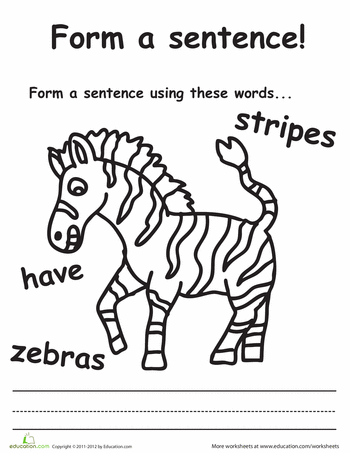 The company specializes in the development and supply of its own original designs of bottles with their own uniqueness and manufacturability of the process, both in their manufacture and their use on various types of bottling equipment. Over the years, the company has created a wide range of original and interesting bottles, with a fairly developed line of containers.
The company specializes in the development and supply of its own original designs of bottles with their own uniqueness and manufacturability of the process, both in their manufacture and their use on various types of bottling equipment. Over the years, the company has created a wide range of original and interesting bottles, with a fairly developed line of containers.
The best result is ensured by a scientific approach, and for this, SLODES conducts pilot tests of industrial designs on real production sites in order to take into account all technological subtleties and eliminate possible errors in the future in the production of serial batches. For the entire period of work of the company "SLODES" more than 120 industrial samples of bottles, decanters and glass products have been developed and tested. All this is a guarantee of high quality products and a guarantee of its uniqueness, as well as its compliance with the most current market trends and consumer preferences.
Today, SLODES, a developer and manufacturer of glass containers, is taking a new step towards cooperation with a small and medium-sized beverage manufacturer, and offers the opportunity to buy a ready-made original bottle in bulk, which is always in stock at the best price.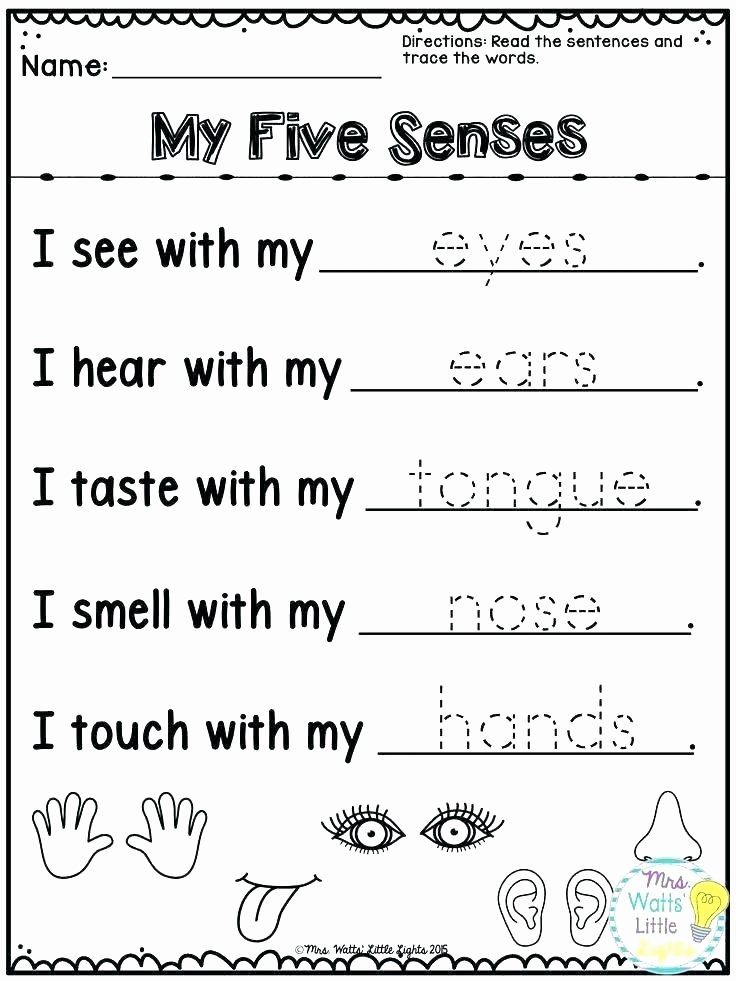 The advantage of this proposal is a comprehensive solution of all problems for a small buyer of containers.
The advantage of this proposal is a comprehensive solution of all problems for a small buyer of containers.
Let's consider in detail what are the main difficulties that the manufacturer of small craft batches of drinks faces, and how the unique offer of SLODES will help to overcome them.
Complexity 1. Creating a brand from scratch is a capital-intensive process
A quality drink needs decent packaging that must ensure the safety of the product, meet all safety requirements and at the same time demonstrate the individuality of the drink, but creating a brand and packaging from scratch is a very expensive process and few representatives of small and medium-sized businesses are capable of such a one-time investment. In addition, most manufacturers of glass bottles are ready to produce original containers at affordable prices only in very large quantities, which a small manufacturer simply has nowhere to store or its storage becomes unbearable and very costly.
Solution from Slodes:
SLODES' offer is aimed specifically at representatives of small and medium-sized businesses: it provides an opportunity to purchase an original bottle without investing in the development and manufacture of mold sets, a large order of bottles and its further storage.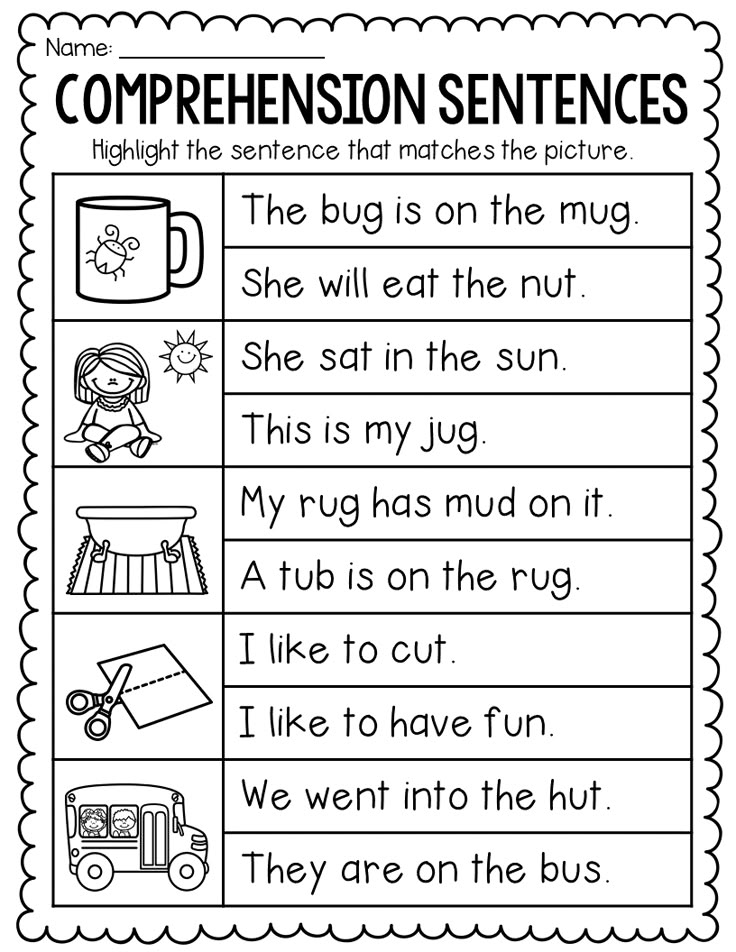 This solution completely removes the burden described above from the shoulders of farms and allows you to save working capital for your own business, and also provides the best price for packaging your brands.
This solution completely removes the burden described above from the shoulders of farms and allows you to save working capital for your own business, and also provides the best price for packaging your brands.
The company "SLODES" has been an exporter of bottles of TM "SLODES" since 2011, having numerous contracts with buyers from Europe, the countries of the Customs Union and the CIS, perfectly understands the structure of beverage production in the European part of our continent. Using this experience, the company develops its product taking into account all current trends and consumer preferences not only in the Russian, but also in the European market. The design of all directions is developed taking into account all the trends in the world development of container design, so each bottle model has its own individuality, corresponds to modern trends and ideas about the appearance of the product. Collections of glass bottles are made in different styles from strict to elegant, so you can always choose the option that fits perfectly with the concept of your product and can attract the attention of the consumer to it.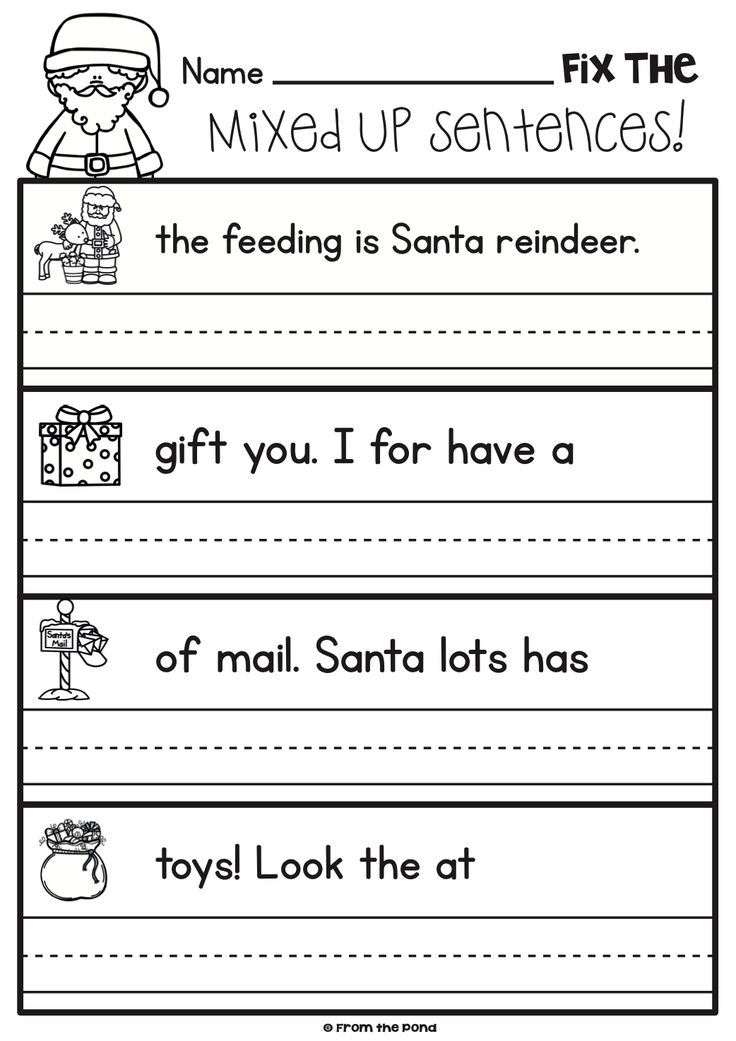 The buyer will only have to find the right positioning and design the label. This will provide the drink not only with a decent frame, but also give it individuality, highlighting it on the store shelf.
The buyer will only have to find the right positioning and design the label. This will provide the drink not only with a decent frame, but also give it individuality, highlighting it on the store shelf.
Complexity 2. Creation of a line
As a rule, a manufacturer starts to launch its product on the market with one container, the most common in this beverage segment. But, as soon as the product starts to show a steady growth in sales, it becomes necessary to further develop and expand the line by introducing other containers. And here is the real problem. Often, only the most popular containers are present on the glass container market.
Solution from Slodes:
Following the market trends and realizing the direction of Russia's economic development in supporting small and medium-sized businesses, SLODES is actively developing its own lines of glass bottles. This is very convenient for small growing beverage businesses. To the bottle in which the product has already shown itself, you can always pick up containers of other containers from 100 ml to 1750 ml.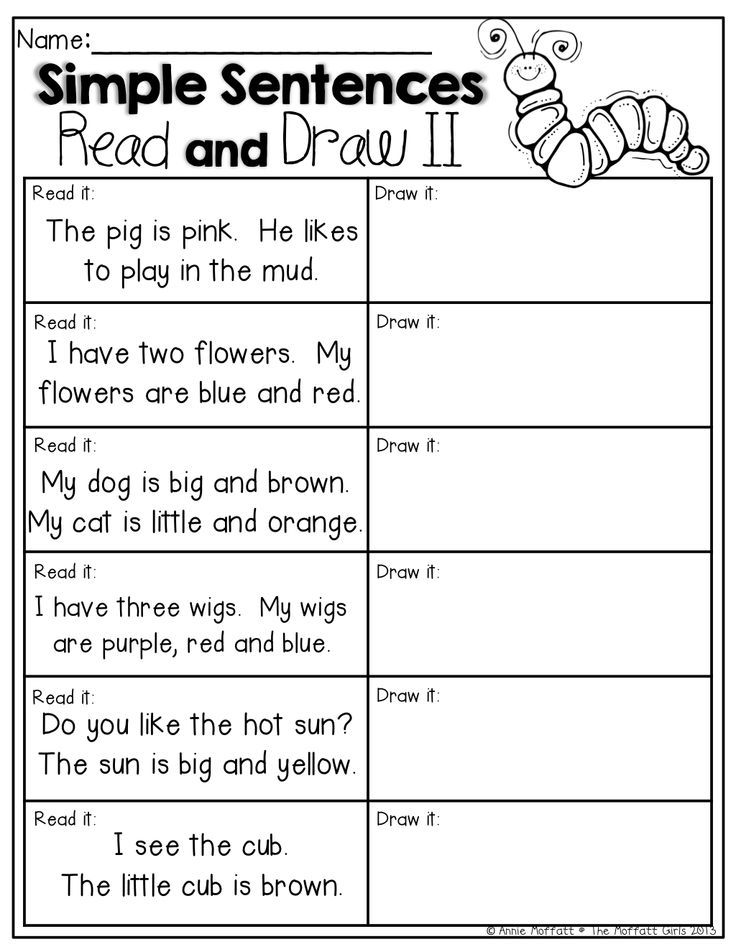 This immediately simplifies the further promotion of the drink that the consumer loves.
This immediately simplifies the further promotion of the drink that the consumer loves.
In addition, all SLODES product lines are its intellectual property, which means that the chance to see the products of its major competitors in the same container is minimal.
Complexity 3. Capping
The lack of rigid standards for closure manufacturers often means that the beverage manufacturer, when using non-standard and original glass containers, has to spend considerable time selecting, testing and adapting to the production of closures.
Solution from SLODES:
In 2019, the company began work on the introduction of original lids and T-shaped stoppers, which are ideal for glass containers produced by the company. Today in the assortment portfolio of SLODES. presented glass stoppers, made according to their own design projects. From the products available in the warehouse, you can choose very interesting solutions that will give the finished drink relevance, individuality and even status.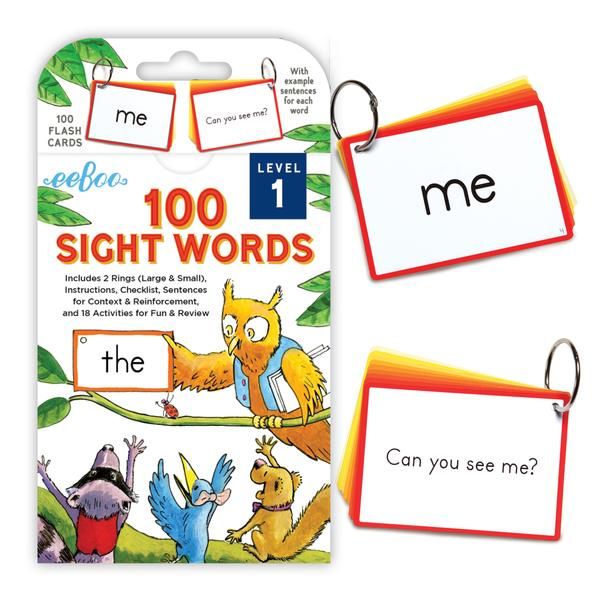 SLODES offers such unique types of closure solutions as octagonal cork or petal cork. There are polymer corks with a transparent and wooden top in the portfolio, as well as cork, glass, with a metallized top or imitated wood. In a word, there are many options - the company's specialists will always help you choose the optimal closure solution.
SLODES offers such unique types of closure solutions as octagonal cork or petal cork. There are polymer corks with a transparent and wooden top in the portfolio, as well as cork, glass, with a metallized top or imitated wood. In a word, there are many options - the company's specialists will always help you choose the optimal closure solution.
If you are a representative of a small and medium-sized business, use the offer of SLODES. Having studied the situation on the packaging market, you will undoubtedly appreciate the advantages that are contained in the offer of the company
SLODES is interested in cooperation with representatives of small and medium-sized businesses and is sure that this process will be mutually beneficial. After all, the company believes that the production of drinks by small and medium-sized enterprises in Russia will only strengthen its position!!!
| |||||||||||
| System Integration > Small Business Offers | |||||||||||
| |||||||||||


 This approach does not contribute to the development of business, and, often, only harms.
This approach does not contribute to the development of business, and, often, only harms. 